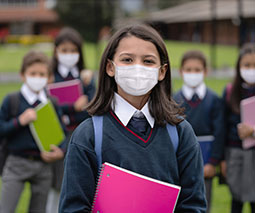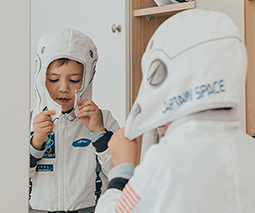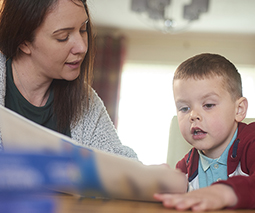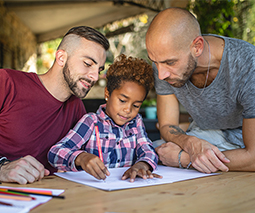4 signs your child is being bullied (and how to handle it)
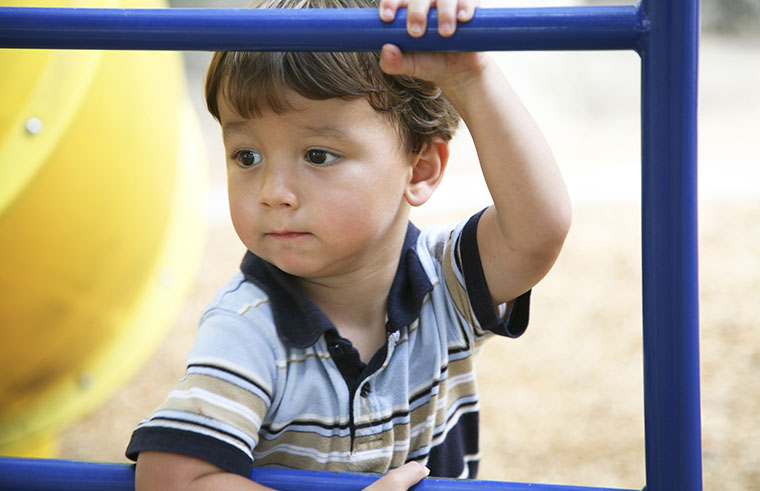
As a parent, bullying is something you’d never wish your child to experience.
But perhaps more worrying is the idea that it’s taking place and you’re not aware of it. After all, kids are good at hiding their feelings sometimes, and when you’re not with them all day it’s hard to know what’s going on.
According to recent research by the Massachusetts Aggression Reduction Centre, there are some common signs that your child may be experiencing bullying.
- Sudden changes in sleep patterns, which can indicate stress.
- Your child stops wanting to play with friends they used to like, or stops wanting to do activities they used to love.
- Suddenly getting embarrassed by something unusual that happens in public.
- Feeling ‘sick’ on school days but happy and well on the weekend.
It can be easy to dismiss bullying as something that happens to older children, but according to the Raising Children Network, it can begin as early as the preschool years.
Tackling the behaviour as soon as possible is the most important thing you can do as a parent.
But where do you start? Here are some good tips for all parents know.

Amp up the love, support and reassurance at home
Give your child your full attention and reassure them that what has been going on isn’t okay and also, isn’t their fault.
The Raising Children Network advises saying something like: “It didn’t happen because you’re smaller than the other kids. Paddy might have been upset about something at home. But that’s no excuse.”
Praise them for sharing the situation with you and reassure them you will help them to deal with it.
Steer clear of negative language
Remember that this is a tough experience for your child but also one that will help them understand how to navigate relationships throughout life. Try not to say things like, “Stand up for yourself “or “Don’t worry, you can stay at home today.”
Try to reframe the negative feelings with positivity, like, “Remember how strong and kind you are” or “Today is a new day, you’ve got this”.
Teach strategies to cope
Even young children in preschool can learn strategies to help them deal with bullying. The Raising Children Network suggests chatting with your child about ways to cope in the face of a bully. These include:
- Tell the person doing the bullying to stop. You could say to your child, ‘Standing up to bullies in a calm way lets them know that what they’re trying to do isn’t working’. You could also role-play this situation with your child.
- Stay around other people. You could say, ‘If you play with your best friends, the person doing the bullying probably won’t bother you’.
- Ask other children to get a teacher. You could say, ‘Other children probably understand what you’re going through and can help you if you need it’.
- Tell the teacher. You could say, ‘Your teacher can help you deal with the problem. The person doing the bullying might not even know that the teacher is helping you. Bullying can be hard to handle, and grown-ups are there to help’.
Contact your child’s school
If you suspect your child is being bullied, you should always speak with your child’s teacher privately. While it’s an emotional time, try not to make accusations and instead, ask for the teacher’s perspective on the situation. Make a plan with the teacher to tackle the problem and keep in touch with them regularly.
If you feel the teacher is not helping to resolve the situation, you can also take it further by speaking to the preschool director or school principal.
At the end of the day, our role as parents is to teach our children the tools to become safe, healthy and happy adults.
Helping them deal with bullying is a part of that learning, even though it can be an emotional experience for everyone involved.
Stay calm, stay loving and you’ll all get through this.
 Need some support to be the best parent you can be? Our Parent School parent coaching experts can help. Click to find out more or book a one-on-one session.
Need some support to be the best parent you can be? Our Parent School parent coaching experts can help. Click to find out more or book a one-on-one session.

